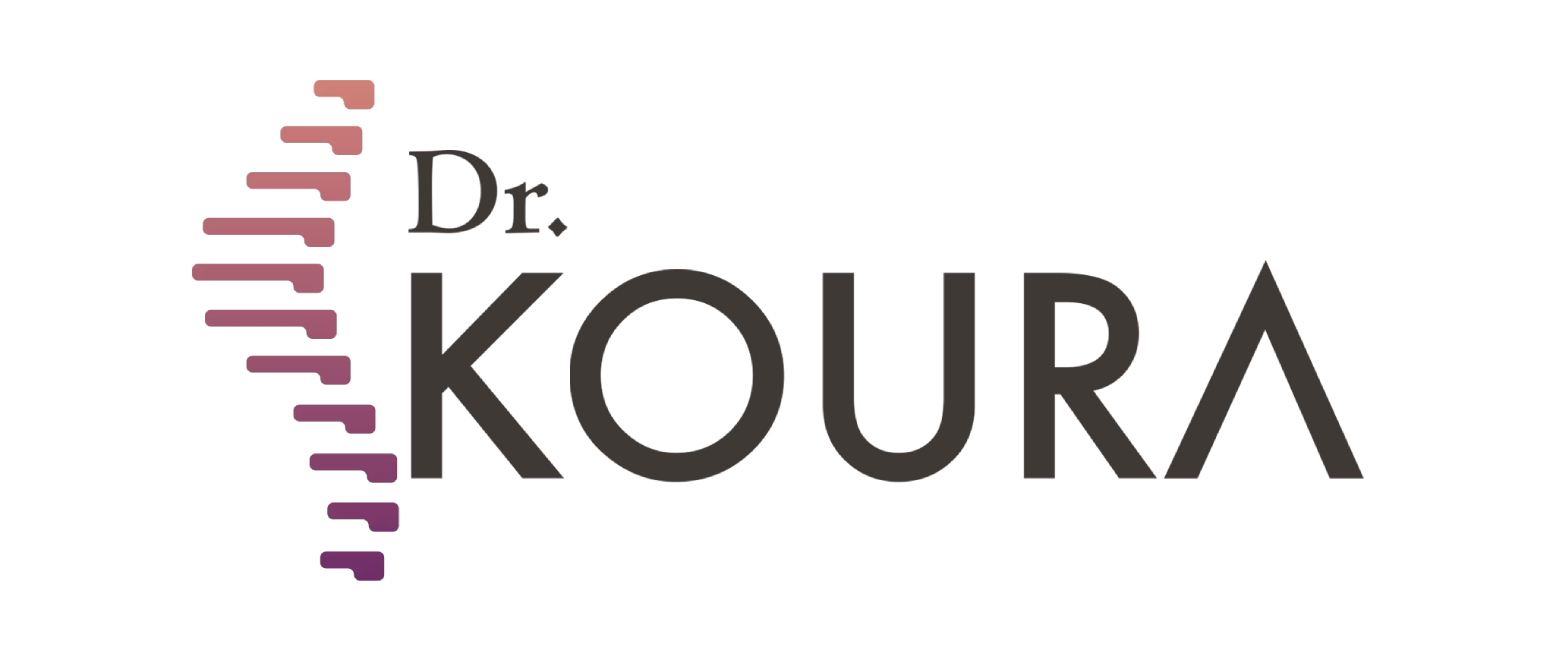Extraction of prolapsed disc by extractome
Disc prolapse is a common and painful condition faced by many individuals.
Before the advent of modern and advanced treatments for disc herniation, patients had two options: medical and physical therapy. However, these options often provided temporary relief, and the second option, which is surgical removal of the herniated disc, that is accompanied by potential post-surgical complications. However, now herniated discs can be treated with various techniques at Dr. Mohamed Koura's center, the best doctor in this field in Egypt and the Arab world. He possesses 12 non-surgicaltechniques for treating spinal and joint problems, including percutaneous laser disc nucleoplasty, which has proven to be highly successful in reducing pain and improving the quality of life for many patients.
In the following paragraphs, we will provide an in-depth look at the percutaneous laser disc nucleoplasty process, the suitable cases , and its benefits, advantages, and potential risks.
What is percutaneous laser disc nucleoplasty?
It is a modern technique used to treat herniated discs, which cause severe pain in the lower back and, in some cases, affect the lumbar vertebrae, occasionally extending to the legs. This can result in a reduction in the patient's mobility and their ability to perform daily activities normally.
Herniated discs occur when the outer layer of the disc expands, causing the disc's nucleus to slip and exert pressure on the nerve, leading to pain in the leg. Additionally, it may result in the release of substances that cause swelling and inflammation of the nerve from the disc.
The cartilage suction technique involves extracting a significant portion of the disc's nucleus without causing any damage to the surrounding vertebrae, thereby reducing pressure on the nerve.
What are the suitable cases for percutaneous laser disc nucleoplasty?
Herniated discs go through several stages. Therefore, the doctor diagnoses the condition thoroughly through MRI and medical examination to determine the stage reached by the herniation. Based on this, the decision is made whether percutaneous laser disc nucleoplasty is suitable for you or not.
Herniated discs in the first or second stage can be treated with percutaneous laser disc nucleoplasty, where draining the disc’s nucleus reduces the pressure inside. This, in turn, alleviates the pressure on the nerve root and the fibrous wall, resulting in significant improvement in back or leg pain.
However, if the herniation is in the third or fourth stages, occurring after a complete tear of the fibrous wall, percutaneous laser disc nucleoplasty will not recover the released or displaced parts inside the spinal canal. This migrated portion requires surgical extraction or the use of optical endoscopy.
Therefore, it is essential to visit Dr. Mohamed Koura, as he is the best doctor in this field. He stays updated on the latest therapeutic techniques through his participation in various international conferences alongside top doctors and experts from around the world. This is to diagnose the condition early before the herniated disc progresses to the third or fourth stage, where surgery becomes the only treatment option.
What are the benefits of percutaneous laser disc nucleoplasty?
It has several benefits, including the following:
● Quick Relief from Pain: Assists the patient in rapidly alleviating their pain without prolonged waiting.
● Prevention of Herniation Progression: Protects against the deterioration of the herniation and its advancement into advanced stages.
● Stopping of Nerve Compression: As the ongoing pressure on the nerve, which, if left unchecked, may lead to the loss of nerve function.
What are the steps of the percutaneous laser disc nucleoplasty?
This technique is performed inside the operating room to ensure complete sterilization and includes the following steps:
● First, the doctor locally anesthetizes the patient rather than using general anesthesia.
● Then,The doctor introduces the device into the slipped part only through a very small needle guided by imaging.
● Subsequently, this portion of the slipped disc is fragmented and extracted into a storage unit within the device, as demonstrated in videos of the percutaneous laser disc nucleoplasty.
● The doctor often injects the nerve roots and treats them with radiofrequency.
What is the recovery period for the percutaneous laser disc nucleoplasty?
The patient can return to their daily life and work within a week of the procedure.
What are the advantages of percutaneous laser disc nucleoplasty?
Non-surgical percutaneous laser disc nucleoplasty stands out with several advantages compared to surgical procedures for treating herniated discs,
including the following:
● Takes a short amount of time.
● Patient recovery is quick.
● Performed using local anesthesia.
● No need for surgical stitches.
● Requires a very small incision.
● Does not cause any tearing in the back muscles.
● Maintains the dynamic stability of the spine.
● Performed outside the nerve canal.
● Does not involve the removal of any part of the spine.
● Does not result in damage or adhesions to the spinal canal.
What are the risks of percutaneous laser disc nucleoplasty?
There are no risks associated with the percutaneous laser disc nucleoplasty procedure; it is completely safe. It does not involve any wounds or cuts in the skin or muscles, which patients typically experience after surgical procedures and the use of general anesthesia.
In conclusion, having learned about the percutaneous laser disc nucleoplasty procedure, I advise you, dear reader, to promptly consult with Dr. Mohamed Koura if you experience lower back pain. This allows for an early diagnosis to avoid undergoing a surgical procedure that requires general anesthesia and the removal of parts of the spine, with the potential for spinal canal adhesions post-surgery. Early diagnosis and opting for disc suction, which comes with many advantages, can help avoid such complications.
Book now with us at Dr. Mohamed Koura's center for an early diagnosis of your condition.





 Egypt
Egypt